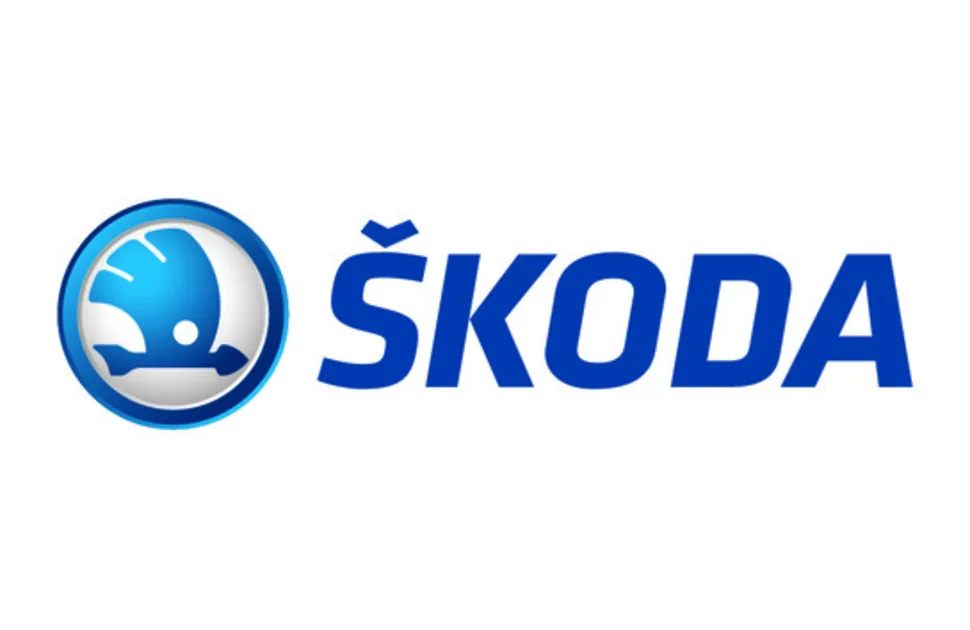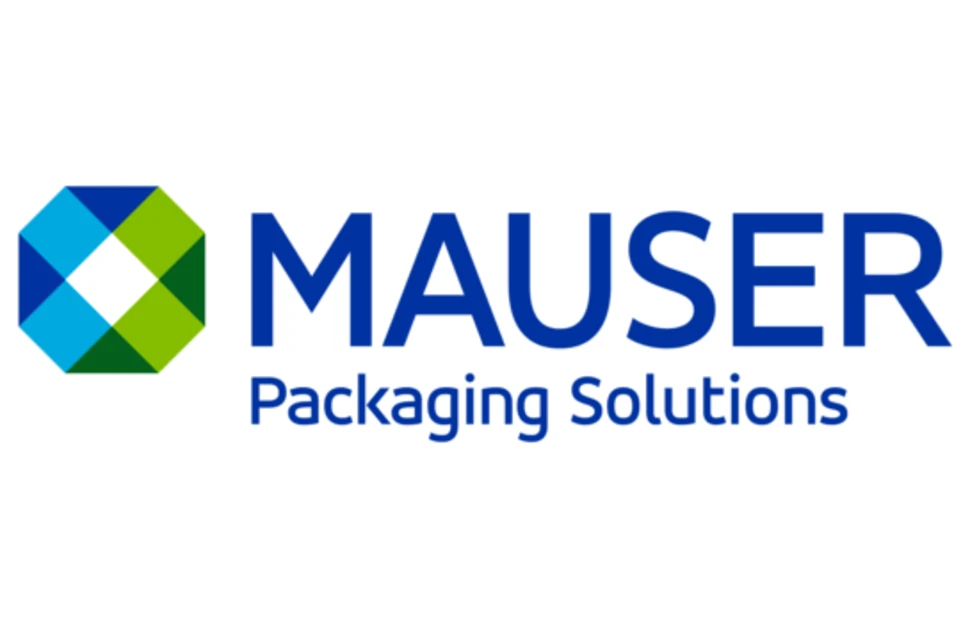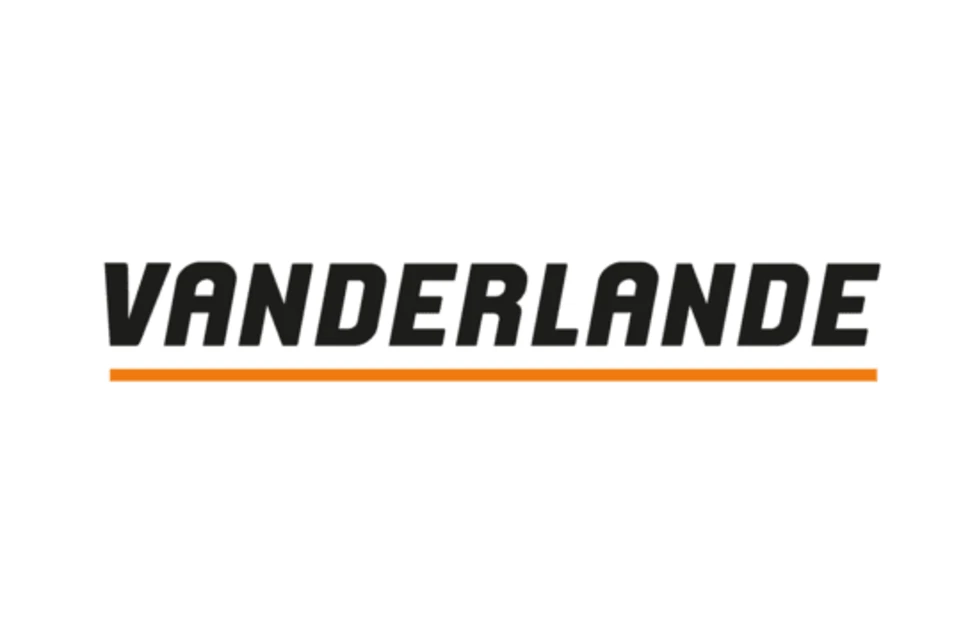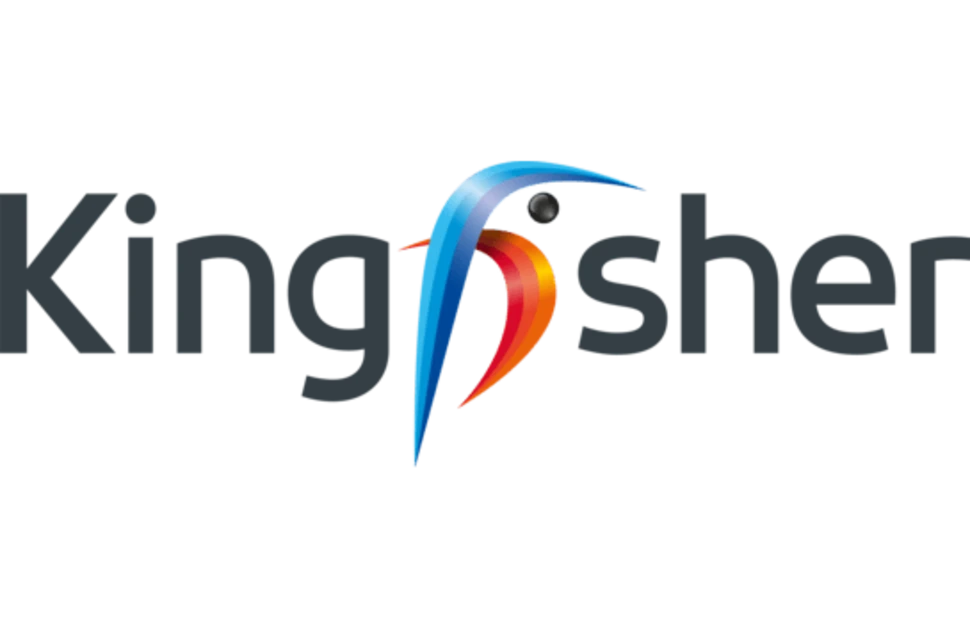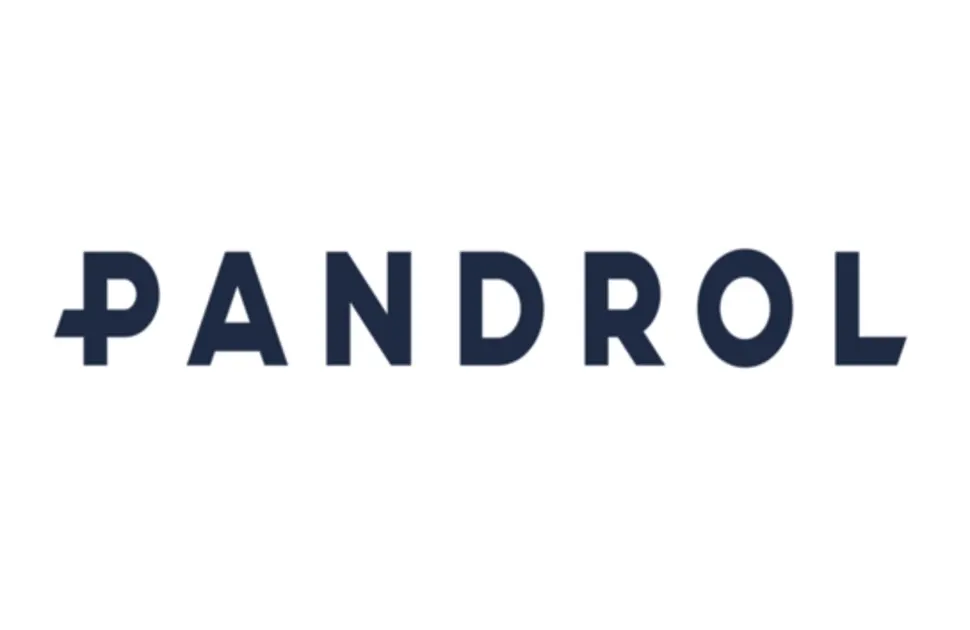UK government announces details of post-Brexit steel safeguard measures
The Department for International Trade, led by The Rt Hon Liz Truss MP, has released guidance for the safeguard measures to be applied on imports of steel products into the United Kingdom, following the conclusion of the Brexit transition period, on January 1, 2021.
In order to protect domestic steel producers, the United Kingdom will adopt a broadly similar Tariff Rate Quota (TRQ) system to that currently in operation within the European Union. These measures were first implemented by the European Commission in February 2019, in response to a surge in imports triggered by the United States Section 232 tariffs.
Under the system implemented by the UK government, major countries and regions supplying steel products into the United Kingdom will receive specific TRQ volumes, allocated to importers on a first-come-first-serve basis. Quota volumes will be managed quarterly, with any unused tonnages automatically transferred to the next quarter. Any remaining balance at the end of the year will be lost and will not be rolled over to the following period.
When a country or region-specific quota is exhausted, suppliers from that area will be able to access the residual global TRQ, for that category, only in the final quarter of the year. Once a quota is exhausted, an additional tariff of 25% will be applied to any subsequent imports within these categories.
Exemptions for developing nations
As with the EU system, developing nations may receive an exemption from the measures, dependent on their supply to the UK remaining below 3% of the total volume of a specified product category. Some countries included in the EC quotas will be exempt from the UK list, because their imports were below the 3% threshold. Suppliers from these nations may redirect material towards the UK market, after January 1, 2021.
Due to the current situation in the UK steel market, there will be certain alterations to the way the TRQs are managed. The measures will apply to nineteen of the product categories covered by the EU system. Quotas for several product categories will therefore not be transitioned and will be exempt from the measures. These include electrical sheet, hot rolled stainless sheet and strip, cold rolled stainless sheet and strip, hot rolled stainless quarto plate, sheet piling, seamless stainless tubes and pipes and other seamless tubes. Furthermore, the European Union has been granted a region wide quota volume, which will be applied in a similar manner to the country specific quotas.
This announcement follows the one made by the UK government, in July, that contained details of all trade tariffs to be levied following the conclusion of the Brexit transition period. This showed that all major steel product categories will attract a 0% general tariff rate from January 1, 2021.
EU mills to face increased competition
In the post-Brexit era, European steelmakers will be competing directly with non-EU suppliers for UK business. The benefit of antidumping duties, currently in place inside the European Union, will be removed for imports of certain products into the UK. This could limit the take up of the new quotas from the UK’s closest suppliers, in favour of cheaper steel from outside the region, and will be more pronounced for the products, and developing nations, to be exempt from the TRQ system.

